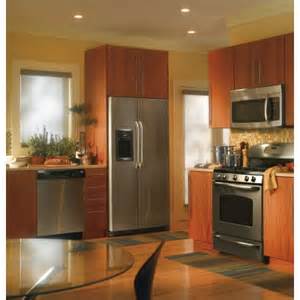 By Carole Hyder
By Carole Hyder
During this season of giving thanks for the beautiful and abundant life that we have, I remind students, clients, friends, and myself that it’s also the time to give thanks to your home.
If you have no issues with your home and have, in fact, had a nice connection with it, writing a thank-you will solidify this positive relationship.
Writing a thank-you to your home, however, can go a long way in bringing some relief to a troubled and ailing space. It’s helpful when you’re unhappy with your home for whatever reason. Rather than looking to move or harboring resentments, a cheaper and easier action to take is to write your home a thank-you note.
Here’s how to write a thank-you to your home:
- Use an actual thank-you note or special stationery to write your letter. Due to the small size of a typical thank-you, you will have to keep your message short and succinct.
- Start with “Dear___________.” If you have a name for your home, you can insert here. If not “Dear Home” is fine.
- List two reasons you are thankful for your home. Examples: I want to thank you for making me feel safe. I appreciate how you keep me warm all winter long.
- Outline two actions you will take regarding your home. Examples: I promise to get the back door fixed before winter. I promise to finish painting the bathroom. I promise to clear out the clutter in the basement.
- Sign off with your name. Love, __________. All the best, ___________.
- Place the thank-you note in a special place in your home—-in your nightstand drawer, under a plant near the front door, under your pillow.
Writing a thank-you does not take the place of cleaning your home or making needed repairs or beautifying it. But perhaps coming from a grateful heart will make the actions to which you committed more meaningful and healing.
 By Lisa Janusz
By Lisa Janusz Realtors often use the term “curb appeal” when getting a home ready to sell. It means that the home should look attractive from the minute someone gets out of their car. The reason is that a good first impression can positively impact the rest of their experience with the home.
Realtors often use the term “curb appeal” when getting a home ready to sell. It means that the home should look attractive from the minute someone gets out of their car. The reason is that a good first impression can positively impact the rest of their experience with the home.





Recent Comments